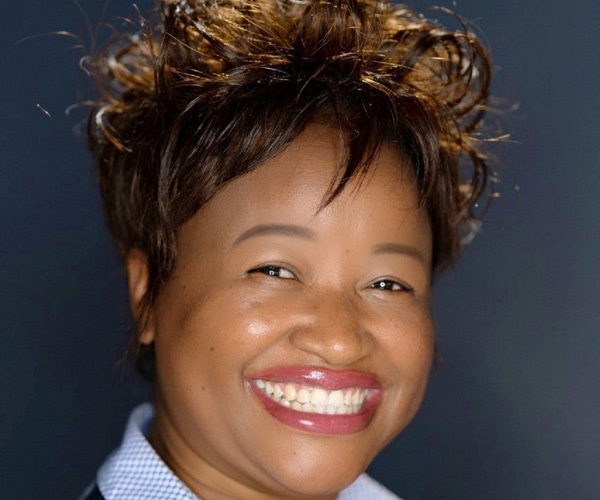MANCOSA academic Shame Mugova is also an author
The first book, “Corporate Finance and Financial Development – An Emerging Market Perspective on a Post-Crisis World”, examines financial development issues that are unique to emerging markets and also investigates corporate financial environment readiness for the 4th industrial revolution.

When MANCOSA academic Shame Mugova is not engrossed in work related to the higher education institution, he is busy researching and writing books.
To date, he has co-authored two books, in addition to contributing chapters and articles to other publications.
The first book, “Corporate Finance and Financial Development – An Emerging Market Perspective on a Post-Crisis World”, examines financial development issues that are unique to emerging markets and also investigates corporate financial environment readiness for the 4th industrial revolution. By combining academic and industry insights, the critical issues in corporate finance, financial development, and the preparedness of emerging markets are explored.
The second book, “Opportunities and Pitfalls of Corporate Social Responsibility – the Marange Diamond Mines Case Study”, presents a revealing case study on the challenges for CSR in a developing country and also addresses economic, political and governance issues in natural resource management. Lessons learned from the case study will help business leaders and strategists in developing countries and multinational corporations to better understand and employ CSR principles so as to enhance sustainability and social impact.
Mugova is a financial analyst and Senior Lecturer in Finance at MANCOSA. He holds a Ph.D. in Finance and his research interests are focused on corporate governance, corporate social responsibility, sustainability, trade credit, financial sector development, and corporate finance in emerging markets.
His work is highly relevant to economic policy and the enrichment of our understanding of the complexities in the global financial environment in which innovations emerge.
Asked about his teaching philosophy, Mugova said: “I strive to maintain a classroom atmosphere that is conducive to learning and encourages dialogue, which provides me with critical access to my students’ thinking and the scope of their learning. I wholeheartedly support my students through enquiry-based and activity-based learning. My teaching focuses on the specific needs of my students and their learning experience whilst providing support tailored to each student’s unique skills.”
ENDS





